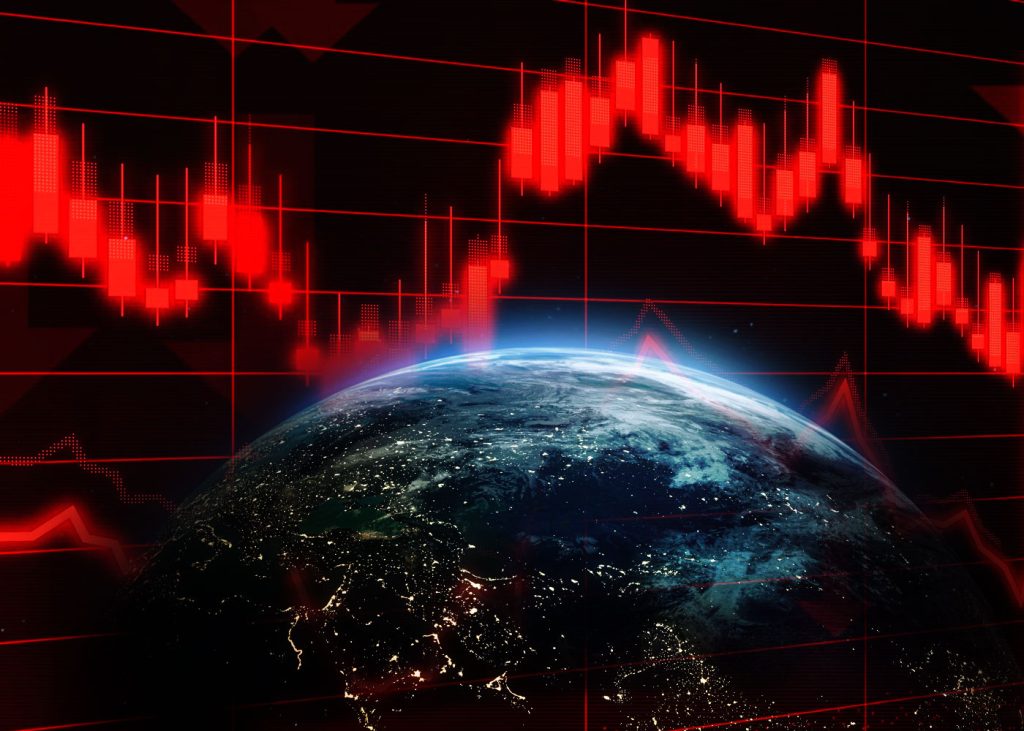
The global economy had high hopes for a recovery in 2022 but faced numerous challenges like the Ukraine war . The negative developments are expected to extend into 2023 . A discourse reminiscent of past economic situations emerged and raised concerns about the reversal of globalization, the resurgence of inflation after four decades, the possibility of a financial crisis and trade wars .

Global Stock Markets Indicate Economic Health
Stock markets which are considered a barometer of economic health experienced declines ranging from 9% to 15% in 2022 . Notably the technology sector in the US which is a key driver of the economy suffered a significant collapse of 33 .54% . This decline brings memories of the period between 1999 and 2001 which preceded the 2007-2008 financial crisis .
Contrary to previous crises massive monetary expansion may not be a viable solution this time due to the reemergence of inflation which is a concern that was not seen for four decades . Central banks have turned to high interest rates and tighter monetary policies which has led to speculation about potential financial instability and even a new financial crisis in the coming year .
Expectations from international organizations like the IMF, OECD and European Central Bank show a stoppage in global economic growth . The IMF’s report indicates a decline in economic development rates while the ECB expects a sharp decline in the Euro Zone .
Inflation Returns, Central Banks Adopt Tighter Monetary Policies
A combination of factors such as inflation, high energy and food prices and burdened private and public sector debt increases the possibility of a global recession . Also the ongoing Covid-19 crisis and the Ukraine war further darken the economic horizon . As the world enters 2023 it faces a phase of difficulty and danger but also openness to transformation .






